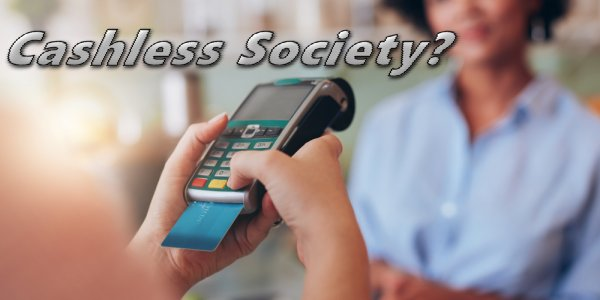Despite its leadership in seemingly all things digital advertising, the United States lags well behind many nations when it comes to mobile technology adoption. Perhaps nowhere is this lag as pronounced as it is when it comes to US mobile payment adoption compared to China. That’s a problem for US brands and merchants, who are currently missing out on the benefits that these methods of payments can afford, including a more seamless user experience, deeper consumer insights and importantly new revenue opportunities.
China is a leader in mobile payments for several reasons. In moving away from cash, the country leapt straight over credit card adoption (where the US is still entrenched) and into mobile transactions. When China was ready to surge into e-commerce and explore alternatives to cash, its financial tech sector was able to provide mobile payment technologies that fit seamlessly into the growing mobile culture of the nation.

In the US, where credit cards and banks have been well-established for decades, the transition is harder because it’s less pressing, given that existing products work well and are reliable. Here’s a quick look at the cash-less landscape:
Nearly 30 percent of Americans say they make no cash purchases during a typical week.
Though that number is on the uptick it still lags behind China as mentioned previously in addition to some European countries, such as Sweden, Denmark and Norway. Sweden has reached a tipping point at which only about 2 percent of transactions are conducted in cash! That’s because the Swedes are technologically savvy, they have a relatively small market and the government encourages electronic payments of its currency.
In India, some 255 million people are making everyday purchases using the Paytm virtual wallet system backed by China’s Alibaba.
For an idea how we may handle money in the future look at how college students manage their money. And then just imagine a world in which they are the majority, and not the rest of us who grew up in a world where we carried around wallets with paper money and maybe coins in our pockets.
Americans are still resisting as consumers give up anonymity when not using cash, for example, let’s say you go grocery shopping and your payment shows whether you got a discount for using a reusable bag or paid for a plastic store bag. Marketing could be tailored to you based on how you’re perceived to feel about the environment. Or if you use electronic payments to buy a lot of fruits and vegetables, you could be pitched a gym membership because a marketer thinks you’re getting fit. We still perceive this as an invasion of privacy.




